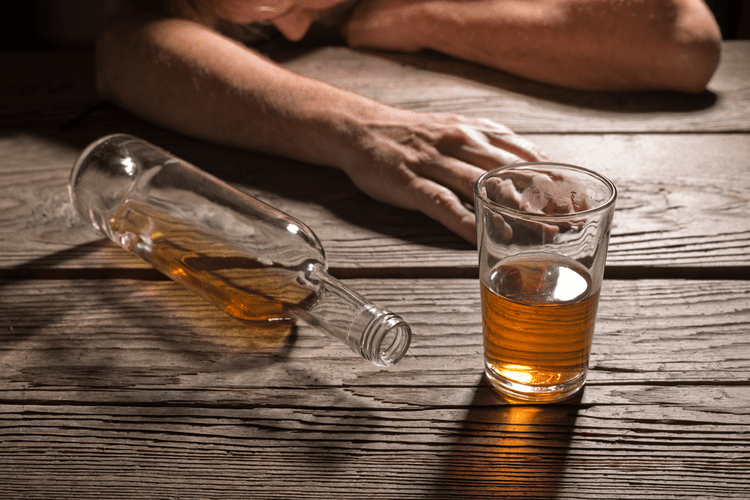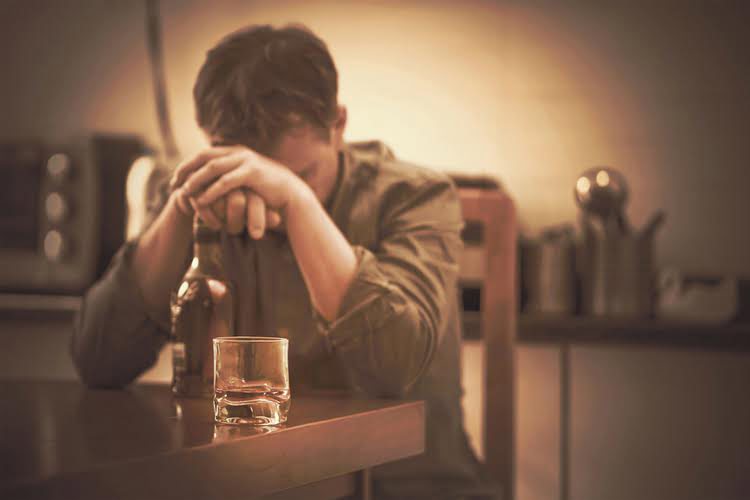She asked me to stay clean and sober one day at a time and to use the lessons I learned in my own recovery to help others who were suffering. Electronic devices emit blue light, which can suppress the production of melatonin, a hormone that regulates sleep. To promote better sleep, limit your exposure to electronic devices, such as smartphones, tablets, and computers, in the hour leading up to bedtime.
How Long to Wait Between Drinking Alcohol and Bedtime
- As the machine has 32 volume levels, the fan sound effect is much louder than my actual fan, helping me to stay asleep.
- The more you drink, and the closer your drinking is to bedtime, the more it will negatively impact your sleep.
- This poetic imagery captures the transformative journey many experience when they decide to quit drinking alcohol.
Severe alcohol withdrawal can be deadly, so heavy alcohol users should not attempt to wean off alcohol without the help of a professional medical detox facility. Alcohol addiction treatment will begin with a detox period that focuses on managing any uncomfortable or severe withdrawal symptoms that arise. After detox ends, patients begin a rehab program that teaches them how to cope without alcohol and maintain sobriety. The bidirectional nature of the relationship between alcohol and sleep is also noteworthy. Poor sleep can lead to increased alcohol consumption as a coping mechanism, which in turn can further disrupt sleep patterns. Recent studies have explored these nocturnal effects and their correlation with next-day performance.
I can’t be without it for even one night as it completely drowns out all noise
Knowing when to seek treatment for alcohol addiction can make a profound difference in your health, relationships, and overall quality of life. In this blog post, we’ll discuss key signs that indicate it’s time to seek professional help for alcohol addiction, along with the treatment options available. Personality disorders are a group of mental health conditions characterized by enduring patterns of behavior, cognition, and inner experience that deviate markedly from societal expectations. These patterns typically manifest in adolescence or early adulthood and persist over time, causing significant distress and impairment in various areas of life. Understanding the different types of personality disorders and available treatment options is essential for effective management and recovery. Incorporating stress management techniques into your daily routine can help calm your mind and prepare your body for sleep.
Good Sleep Linked to Longer Life
Be sure to check the label on any medications or talk to your pharmacist. Studies have shown that short-term alcohol use can shorten the time it takes to fall asleep. Likewise, long-term reliance on alcohol for sleep can contribute to an alcohol use disorder (AUD). Drinking a small amount of alcohol may help people fall asleep more quickly initially, but over time, individuals will need to consume more alcohol to achieve the same effect. Small amounts of alcohol may cause short-term sleep disturbances, but frequent and large quantities of alcohol consumption may lead to chronic insomnia for certain individuals.

If you are one of the nearly two thirds of Americans who drink alcohol, chances are, you’ve had a drink in the hours before bedtime. Maybe you enjoy a glass of beer or wine after dinner, can’t sleep without alcohol or your weekends include drinking with friends at bars or social events. Secondly, using alcohol as a sleep aid fails to address the underlying causes of sleep disturbances.

Many of the effects of drinking every day can be reversed through early intervention. Multiple relaxation methods can be used to help you wind down and fall asleep. These include breathing exercises, visualization exercises and progressive muscle relaxation. Falling asleep and getting a full night’s rest are real problems that need to be managed effectively to maintain sobriety. Thankfully, sleeping without alcohol is an achievable goal if you follow several recommended strategies.
Because of drinking’s negative impact on sleep cycles, a person does not sleep as well if they drink before bed. Sarcopenia is a musculoskeletal disease characterized by a significant reduction in muscle mass, strength, and performance. As it mostly affects older adults, it is often recognized as a disease of old age. Hence, it becomes https://ecosoberhouse.com/ critical to explore the relationship between sleep and sarcopenia in populations under 60 years of age to develop strategies for preventing sarcopenia. We here aim to explore the specific association between sleep duration and sleep quality with pre-sarcopenia in the non-elderly population using large population samples.
New Sleep Mask Benefit Unlocked: Improved Brain Function
From the initial challenges of the first week to the long-term benefits of restored sleep patterns, each stage brings its own set of changes and improvements. While the immediate effects may include some sleep disturbances, the short-term improvements in sleep duration and quality soon follow. As sobriety continues, individuals often experience a normalization of sleep patterns, enhanced deep and REM sleep, and a reduction in sleep-related anxiety. In conclusion, relying on alcohol as a sleep aid can have negative consequences on your physical and mental health.


